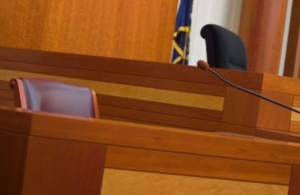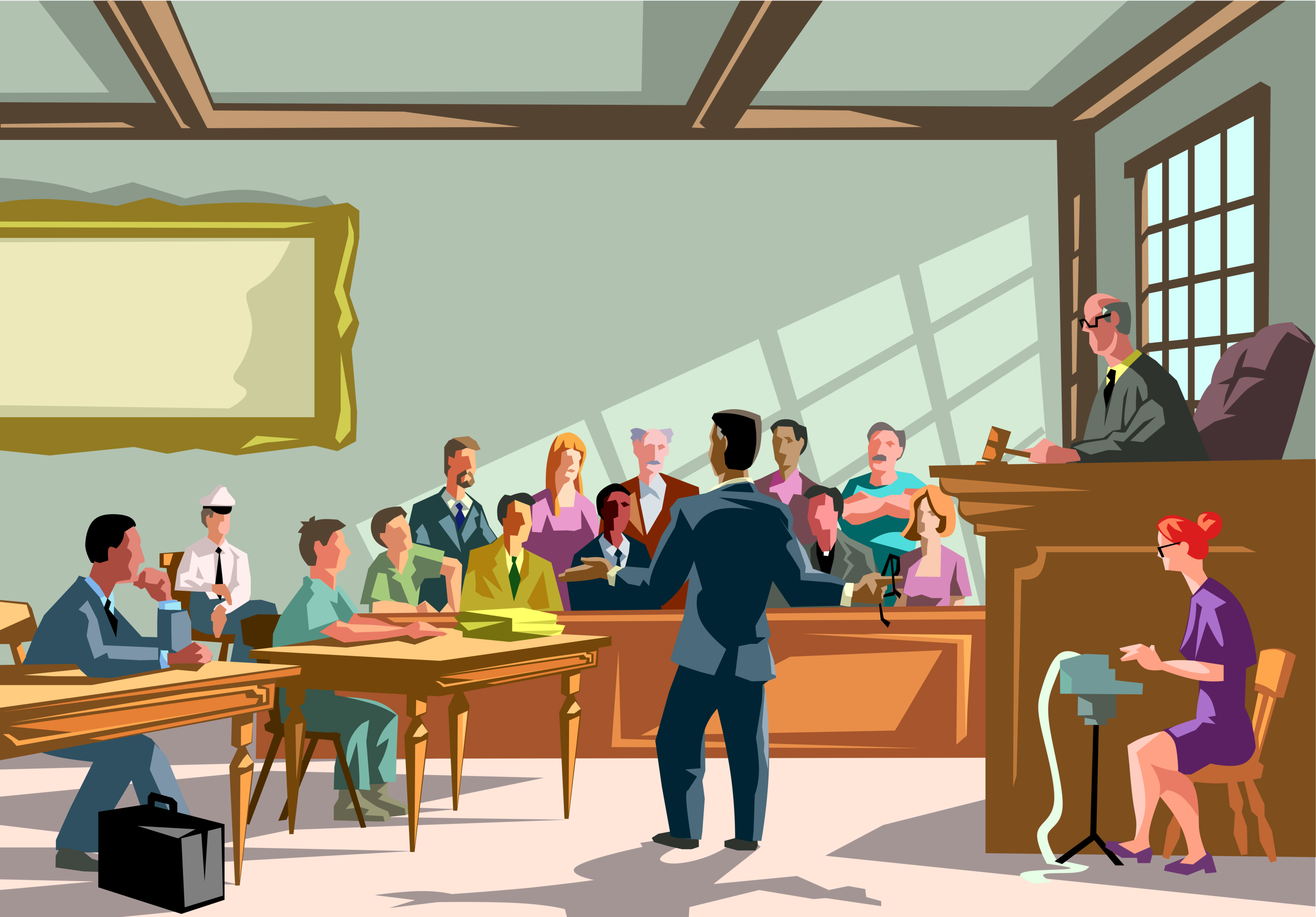Experts in psychology and legal testimony have discovered that police, prosecutors, family members, and friends often influence eyewitnesses to change their stories.
Despite the reams of clinical evidence that eyewitness testimony isn’t always accurate, judges and juries trust eyewitness testimony. Unfortunately, being convincing doesn’t mean that the testimony is accurate, but lawyers use the tools they have. The more favorable eyewitness testimony you can provide, the better your chances of winning your lawsuit
According to experts, eyewitness testimony produces extremely positive results, but many experts feel eyewitness testimony is seldom as accurate as lawyers assure the court that it is. In fact, scholars have searched for more than thirty-five years for a legal safeguard that can make jurors more skeptical to direct testimony with little success.
Testimonies: The Leading Cause of Wrongful Convictions
According to other studies and research, inaccurate eyewitness testimony is the leading cause of wrongful convictions. Yet, despite high-profile skepticism about eyewitness testimony, it remains the most credible factor for deciding guilt, innocence, or awarding a plaintiff compensation in a lawsuit.
Memory is Highly Suggestible
Experts in psychology and legal testimony have discovered that police, prosecutors, family members, and friends often influence eyewitnesses to change their stories. Psychologists state that memory is a reconstructive process, and a few hints can cause witnesses to change their story without realizing it. As a result, the witnesses remain unaware that they changed critical parts of their testimony because suggestions have caused them to revise their memories.
However, this knowledge can greatly benefit lawyers who know how to use the tendency to their client’s advantage. Of course, the lawyers might not be trying to change testimony deliberately. Still, some lawyers intuitively understand that they can change testimony by suggesting vision or hearing problems or other reasons for making a mistake.
Protecting Eyewitness Testimony
Savvy lawyers can protect favorable eyewitness testimony using multiple strategies. For example, reminding witnesses of their initial testimony tends to fix the memories in their minds. That’s one of the reasons police use suspect lineups for people to pick out the suspect. Likewise, police enthusiasm helps fix the suspect’s features firmly in the witness’s mind once a viable suspect is identified. Police are not allowed to influence witnesses, just like attorneys cannot “direct” witnesses’ testimonies, but when the opportunity presents itself, you may be happy your attorney acted accordingly.

Attorneys try to interview potential witnesses as soon as possible after an accident or crime to ensure their memories are fresh and accurate. Sometimes, there is no choice but to return to the scene of an accident and try to find witnesses who saw what happened. Eyewitnesses can include:
- Shopkeepers and their employees who might have been walking down the street or viewed the accident from a nearby shop window
- Your car’s passengers or passengers of the other driver
- Bystanders
- Other vehicle drivers
- People who stop to offer their help
- People from nearby homes who might have viewed the accident
- Off-duty police officers
According to a Texas attorney, finding witnesses who support your interpretation of the accident are worth the effort to investigate the accident thoroughly when you deal with a Texas car accident claim. The same happens everywhere in the country. If witnesses support the defendant’s viewpoint instead of your own, you simply don’t subpoena them to testify. If your attorney examines witnesses who can refute your interpretation, your lawyer can use techniques to discredit their testimony or generate doubt as to its accuracy.
Most Eyewitnesses Never Testify
Most witnesses are never called to testify because lawyers prefer to settle the case instead of taking the risk of a jury trial. However, revealing many positive witness statements that support the plaintiff during the discovery process can put pressure on the defense to settle instead of taking the risk of losing a jury trial, which usually means larger court awards.
The Power of Direct Eyewitness Testimony
According to psychologists, eyewitness testimony has been historically viewed as one of the most convincing types of evidence. That’s because juries and judges believe that third-party witnesses are unbiased.
What a witness claims to have seen is simply more credible than theories – especially if the witness testifies with professional and credible sincerity. For example, your successful lawsuit depends heavily on eyewitness testimony in a car accident claim, no matter the state where it occurred.
Hiring a Talented Lawyer
If you hire an experienced, aggressive personal injury attorney, half of your battle is won. Such an attorney will search hard for favorable witnesses and has the skills to nurture witnesses to solidify their accident memories.


Join the conversation!